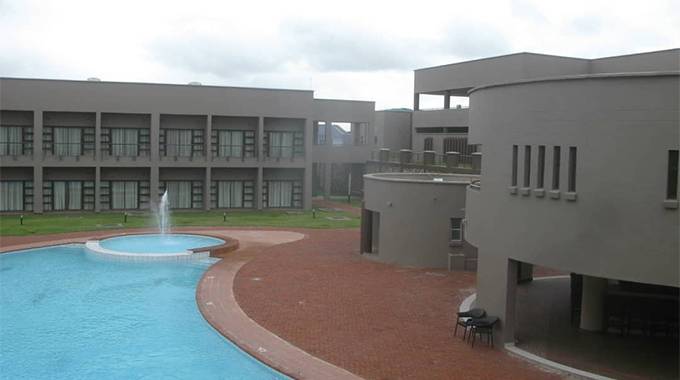By Habakkuk Trust
Inmates currently in quarantine facilities and those that have since been released from holding have raised fears that living conditions at the centres provide a haven for COVID-19 cross infections.
Quarantine centres have become the epicentre of COVID-19 infections in Zimbabwe, contributing over 70% of the country’s new infections. Infections hit a record high yesterday after they jumped from 63 to 132 within 24hours with 75 of the new 76 cases being returnees from mainly South Africa and Botswana.
The spiralling infections are raising worries of overspill to communities amidst reports of appalling conditions and escapes from quarantine holdings.
Quarantine centres are reportedly over-crowded due to the overwhelming numbers of returnees flooding entry points in Zimbabwe’s borders and are generally under-resourced.
An inmate who spoke on condition of anonymity stated that they have not been tested since admission about two weeks ago. “We haven’t been tested ever since we arrived and no communication has been made to that effect,” said the inmate. “We don’t even know when we are going to be tested or when we are going home.”
The living conditions in quarantine centres have prompted some inmates to escape thus raising the risk of the local spread of COVID-19. A majority of quarantine centres have challenges in meeting the food and dietary requirements for inmates posing a threat of imminent hunger. Relatives of the inmates are reportedly not allowed to give them any supplies.
The inmates are reportedly given few thin blankets, three for women at a female quarantine centre and one blanket in male centres.
Inmates at these holdings narrated their agonising experiences during detention experiences. “We stayed three days without being given any toiletries, they only took action when the female inmates complained and we were not given sanitary pads,” she said. “For you to get what you need, you have to keep complaining and pushing otherwise nothing will be done.”
There is reportedly a shortage of blankets in the quarantine centres. Inmates at female quarantine centres were given three thin blankets while inmates at male quarantine centres received one blanket each which is not adequate because its winter season.
Inmates in holding facilities have lamented the absence of measures to avoid mixing of old and new admissions. The COVID-19 safety precautions especially social distancing, are reportedly disregarded in these centres.
Concerns on the safety of property and individuals have been raised also been raised at quarantine centres that are also holding former convicts released from South Africa and Botswana.
Inmates are reportedly deprived of medical care as some are pregnant and others have general illnesses including underlying conditions that require medical attention.
Left unattended the issue of quarantine centres epicentres amasses the potential to implode into an uncontrollable Covid-19 crisis.
Habakkuk Trust implores the government to improve the management of quarantine centres by developing robust screening, testing, and isolation measures. They should ensure that they enhance the living conditions in quarantine centres to levels that are consistent with international treaties and agreements.






